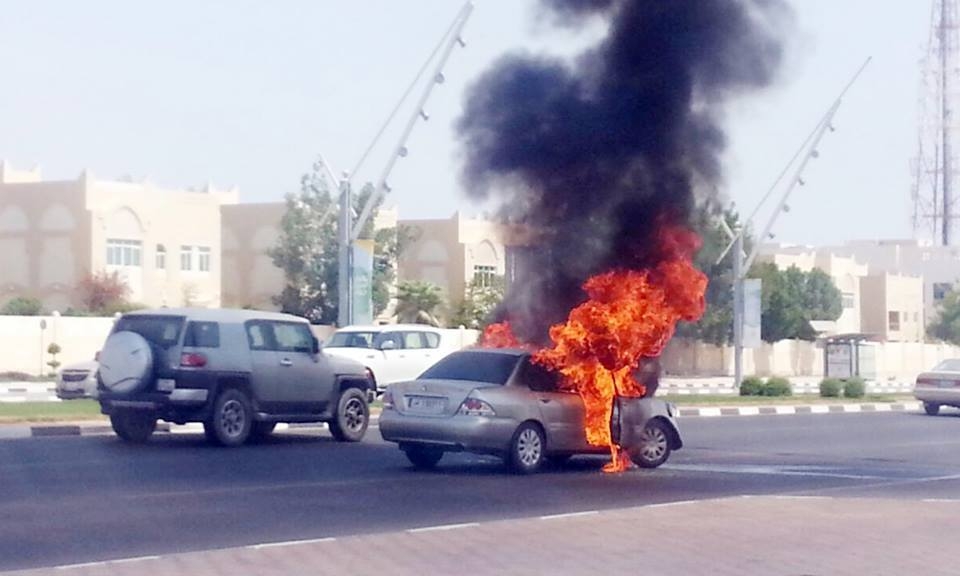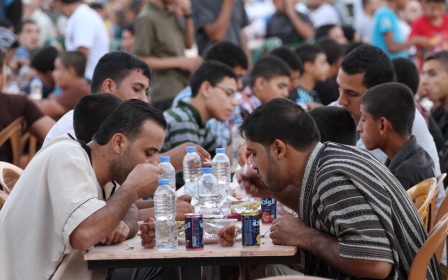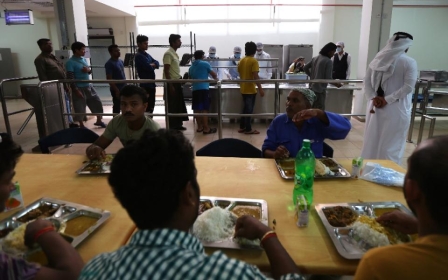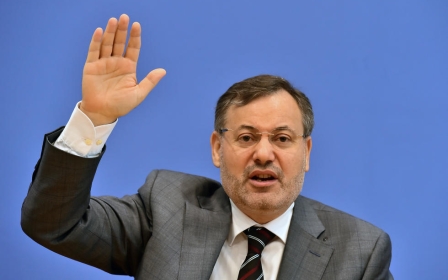Qatar advises motorists on how to stop vehicles catching fire in summer heat

Qatar’s Interior Ministry on Monday released a statement advising residents on ways to stop their vehicles catching fire during the searing heat of the summer months in the Gulf state.
The ministry said in a Facebook post that vehicle fires “occur increasingly in the summer days due to high temperatures” and shared several images of cars on fire.
In the height of summer, temperatures in Qatar can reach above 45 degrees Celsius, and in 2010 on a July day the heat soared up to 53 degrees Celsius.
The interior ministry released a six point plan for vehicle owners to prevent the outbreak of fires this summer.
Motorists were told to ensure fuel does not leak from their vehicle and that the radiator is functioning properly. They were also advised to perform periodic checks on the electrical wiring in all vehicles, while noting that some fires have taken place due to "neglect".
Vehicle owners should “not stop the car near generators or flammable materials,” the ministry said, adding that motorists should avoid smoking inside petrol stations and inside their cars.
The statement ended by reminding vehicle owners that the country’s emergency number – 999 – should be called immediately if a fire breaks out, either in their own vehicle or another nearby.
There have been a spate of vehicle fires at public events, according to local news site Doha News, which reported that the most recent example was of an SUV bursting into flames after Eid al-Fitr prayers at the Imam Muhammad Abdul Wahhab Mosque.
Qatar’s extreme weather has been the subject of much discussion in recent years, since the country was awarded the right to host the FIFA World Cup in 2022. Human rights groups have highlighted the dangers of migrant workers building world cup infrastructure as being in danger of experiencing health problems due to working outside in the heat for long hours.
Football experts and public figures have also raised concerns regarding players’ safety, leading to plans for the Qatar world cup to be held in the winter, when temperatures dip to an average of 25 degrees Celsius in December.
New MEE newsletter: Jerusalem Dispatch
Sign up to get the latest insights and analysis on Israel-Palestine, alongside Turkey Unpacked and other MEE newsletters
Middle East Eye delivers independent and unrivalled coverage and analysis of the Middle East, North Africa and beyond. To learn more about republishing this content and the associated fees, please fill out this form. More about MEE can be found here.




